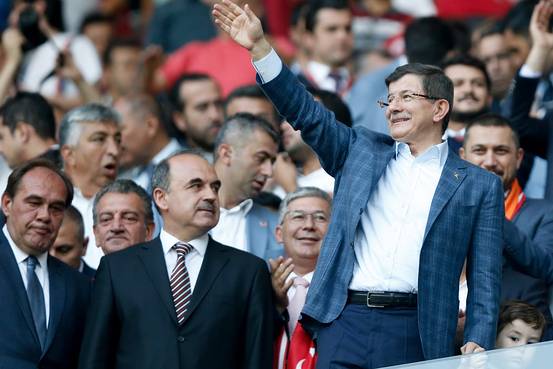The ongoing conflict between Kurdish rebels and the Turkish military has garnered extensive attention due to its complex historical backdrop and geopolitical implications. Recently, an attack on a Turkish army patrol by Kurdish rebels brought this volatile relationship back into the spotlight, highlighting the enduring struggle for autonomy and recognition among Kurdish populations in Turkey.
The ambush not only underscores the armed resistance of the Kurdistan Workers’ Party (PKK) but also serves as a poignant reminder of the long-standing grievances held by the Kurdish people. These grievances are rooted in a labyrinthine history marked by repression, cultural suppression, and socio-economic marginalization. The PKK, designated as a terrorist organization by Turkey and several other nations, claims to be fighting for the rights and freedoms of Kurds, who make up a significant minority in Turkey.
The geographical and sociopolitical dynamics of the region are essential to understanding the motivations behind such attacks. The mountainous terrain of southeastern Turkey provides an ideal setting for guerrilla warfare, facilitating the rebels’ ability to launch sudden and retaliatory strikes against military targets. This landscape, coupled with the historical desire for an independent Kurdish state, fuels the passion and determination of militants who feel their identity is under siege.
Moreover, the Kurdish issue is intertwined with broader political currents, including the rise of nationalism and the impact of foreign policy on Turkey’s borders. The Syrian Civil War has emboldened Kurdish groups across the region, as the Western-backed Syrian Democratic Forces (SDF) have effectively utilized global support to gain prominence. This has caused alarm within Turkey, prompting a series of aggressive military operations against Kurdish factions in both Syria and Iraq, as Ankara perceives these groups as an existential threat.
For many observers, the fascination with these armed engagements lies not simply in the violence, but rather in the underlying quest for identity and self-determination. The Kurds are often seen as the largest stateless nation, a centuries-old plight that resonates with many communities around the globe. Their struggle provokes inquiry into the nature of nationalism and the quest for justice in a world rife with inequities and power imbalances.
Yet, this ongoing conflict raises imperative questions: Can genuine peace emerge from a landscape marred by historical animosities and deeply entrenched ideals? As the international community grapples with its own responses to sovereignty and human rights, the plight of the Kurdish people remains a poignant narrative that challenges the status quo and invites deeper analysis into the pursuit of ethno-political aspirations. The cyclical nature of violence as a means to achieve political ends serves only to underscore the complexities of resolving such deeply rooted conflicts.
